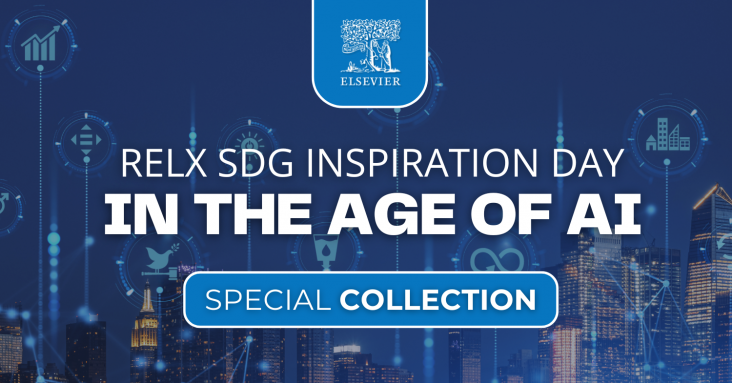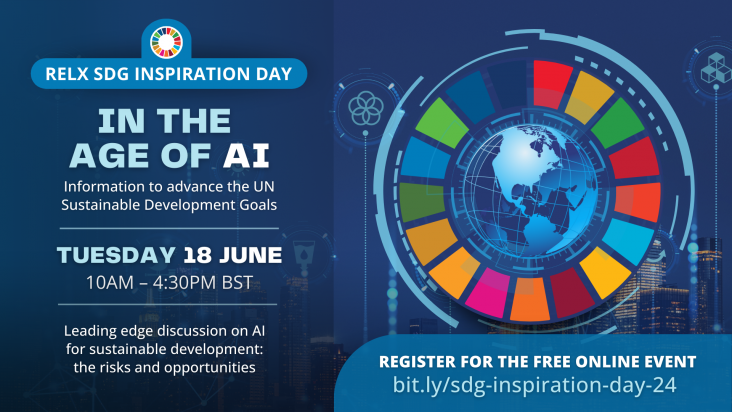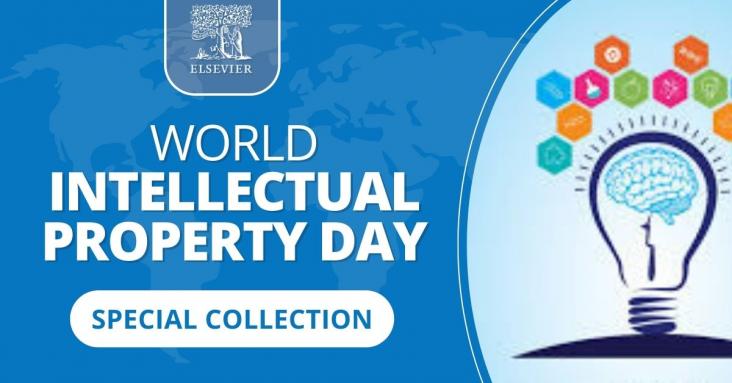
Corporate social responsibility (CSR) is perceived as a valuable practice by business organizations to demonstrate their commitment towards social, economic, and environmental causes, and it active

The Covid-19 Response in New York City: Crisis Management in the Epicenter of the Epicenter, 2024, Pages 235-245
When news of the unprecedented surge at NYC Health+Hospitals hit the media, donations from all over the world poured into the facilities and health system.


AI holds tremendous potential for advancing the United Nations Sustainable Development Goals (SDGs). AI, particularly generative AI, provides new opportunities to analyse data and trends at pace a

World Intellectual Property Day, observed each year on 26th April, is an opportunity to celebrate the contributions made by inventors and creators around the world and to explore how IP contributes

